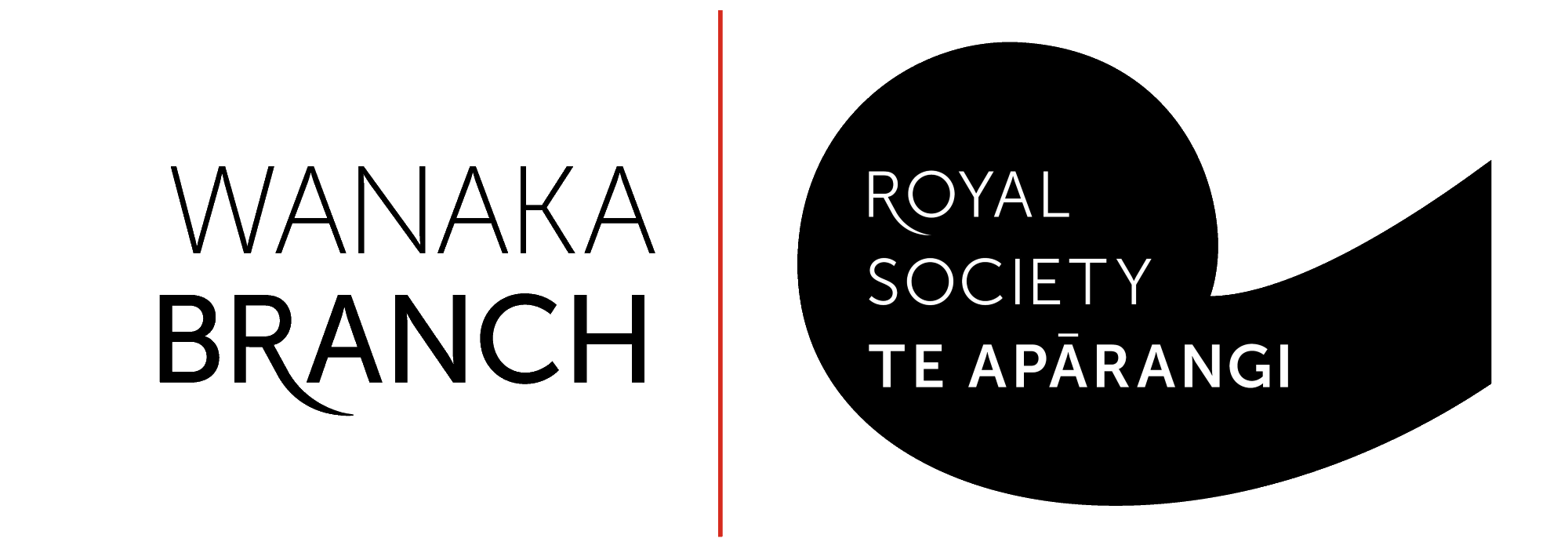Download a PDF of presentation (7.5MB)
Thursday 15 April at 6.00pm, at the Presbyterian Community Centre, 91 Tenby Street, Wanaka.
Professor / Ahorangi Michael Baker.
Department of Public Health/Te Tari Hauora Tūmatanui.
University of Otago, Wellington/Te Whare Wānanga o Otāgo ki Te Whanga-nui-a-Tara.
Cost – $5 per person.
This presentation will cover key aspects of the New Zealand response to the Covid-19 pandemic. It will include a discussion of how the pandemic threat was assessed, the range of response options, why New Zealand chose an elimination strategy, and the impact of that choice. Michael will also talk about the importance of effective science communication, managing misinformation and disinformation, and where we go to from here with vaccines, borders, and medium to long-term recovery.
This presentation will discuss key implications and conclusions from our Covid-19 response, including the need for: (1) More flexible and vigorous approaches for managing future threats; (2) Improving decision-making in a crisis; (3) Ensuring science and evidence guide decision-making; (4) Building effective public health infrastructure for the future; and (5) Supporting improved global institutions.
Michael will also reflect on the shared experience of living through a very intense period in NZ history and opportunities arising from the post-Covid reset.
Bio note for Professor Michael Baker
Michael Baker is a public health physician and Professor in the Department of Public Health at the University of Otago, Wellington, New Zealand, where he has worked full-time since 2003.
He has a wide range of public health research interests, with a focus on infectious diseases, environmental health, and improving housing conditions. He is Director of the Health Environment Infection Research Unit (HEIRU) and Co-Director of He Kainga Oranga/Housing and Health Research Programme.
His research is supported by grants from the Health Research Council of NZ (HRC), including a programme grant to research the relationship between infectious diseases, long-term conditions, and social determinants (The Symbiotic Programme). He is also leading HRC funded research to identify causes of rheumatic fever and improved ways to prevent this disease.
In 2013 Michael was awarded the HRC Liley Medal for his outstanding contribution to health research. In 2014 he was a recipient of the Prime Minister’s Science Prize as a member of He Kainga Oranga / Housing and Health Research Programme. In 2015 he was the NZUK Link Foundation Visiting Professor at the School of Advanced Study (SAS), University of London.
His work during 2020-21 has been dominated by assisting with the Covid-19 pandemic response. Michael is a member of the Ministry of Health’s Covid-19 Technical Advisory Group (TAG) and has been the leading architect and advocate for the Covid-19 elimination strategy. He established a programme of research on the epidemiology, prevention and control of Covid-19 in New Zealand and internationally (Co-Search) with support from the HRC. With this group he has published widely, including papers in the New England Journal of Medicine, Lancet, and British Medical Journal.
Michael’s contribution to public health, and the Covid-19 response, has been recognised by his selection as the 2020 Wellingtonian of the Year, the 2020 Public Health Champion award (Public Health Association), the 2020 Critic and Conscience of Society Award (Universities New Zealand), and being made a Member of the New Zealand Order of Merit (MNZM) in the 2021 New Year’s Honours list.
Michael’s teaching work includes medical student training, post-graduate teaching, and supervision of masters and PhD thesis students. He is Convenor of the University of Otago Health Protection paper (PUBH734) . He is also co-director of the University of Otago Public Health Summer School, one of the largest educational events of its kind internationally.
He has a strong interest in science communication and is currently establishing the Public Health Communication Centre based at the University of Otago, Wellington. He is a Member of the Advisory Board of the Science Media Centre.
Michael has worked internationally with the World Health Organisation (WHO) on a range of global health projects including helping to establish the International Health Regulations (IHR 2005). He is currently a member of the WHO Regional Verification Commission for Measles and Rubella Elimination.

